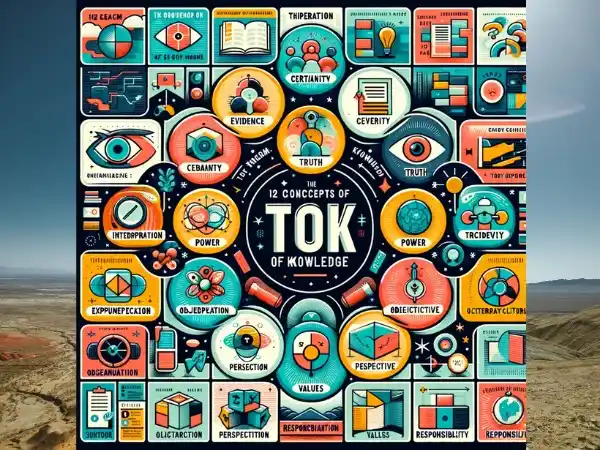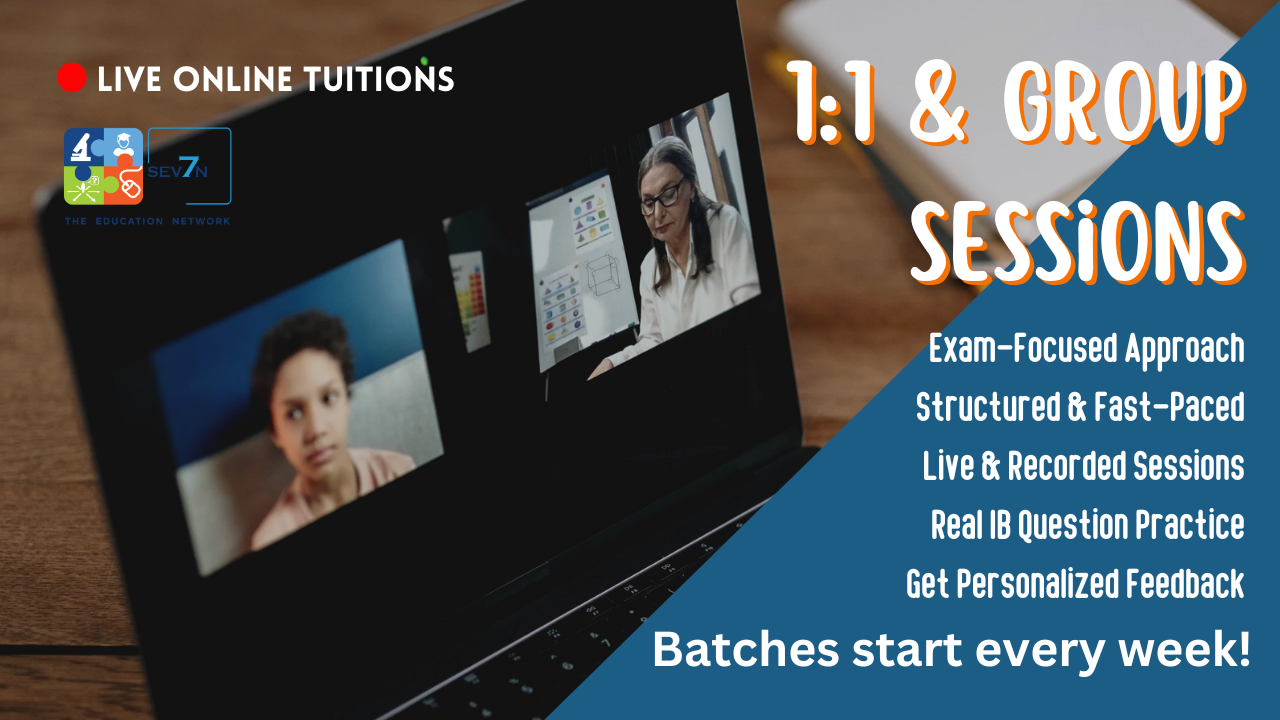Expanded Plan for Weeks 1-3: Knowledge and Technology
| Week | Theme | Content | Activities | Homework |
| 1 | Knowledge and the Knower | Introduction to TOK and the core theme. Explore the nature of knowledge and the role of the knower. | Classroom Discussion: Use TED Talks related to perception and knowledge as a starter. Activity: Personal knowledge audit – students list what they know and how they know it. | Find and summarize a TED Talk or article that explores a way of knowing, focusing on how it contributes to knowledge. |
| 2 | Knowledge and the Knower | Dive into Ways of Knowing (WOKs) – specifically perception and reason. Discuss how these WOKs inform and shape our knowledge. | Group Activity: Perception challenge – activities to test and reflect on sensory perceptions. Debate: “Can reason always lead to truth?” | Create a presentation on either perception or reason, including real-life applications and limitations. |
| 3 | Knowledge and the Knower | Continue with Ways of Knowing – focusing on emotion and language. | Interactive Workshop: Emotional intelligence exercises. Language Analysis: Examine how language shapes reality in news media. | Journal entry reflecting on an instance where emotion influenced a personal belief or understanding. Analyze a political speech for the use of language to shape perceptions. |
We recommend searching for TED Talks or educational videos that cover themes like “The Nature of Knowledge,” “Perception vs. Reality,” “The Role of Emotion in Decision Making,” and “How Language Shapes Thought.” These subjects are widely discussed by experts across various platforms, including TED, which offers a rich repository of talks by scholars, scientists, and thinkers.






